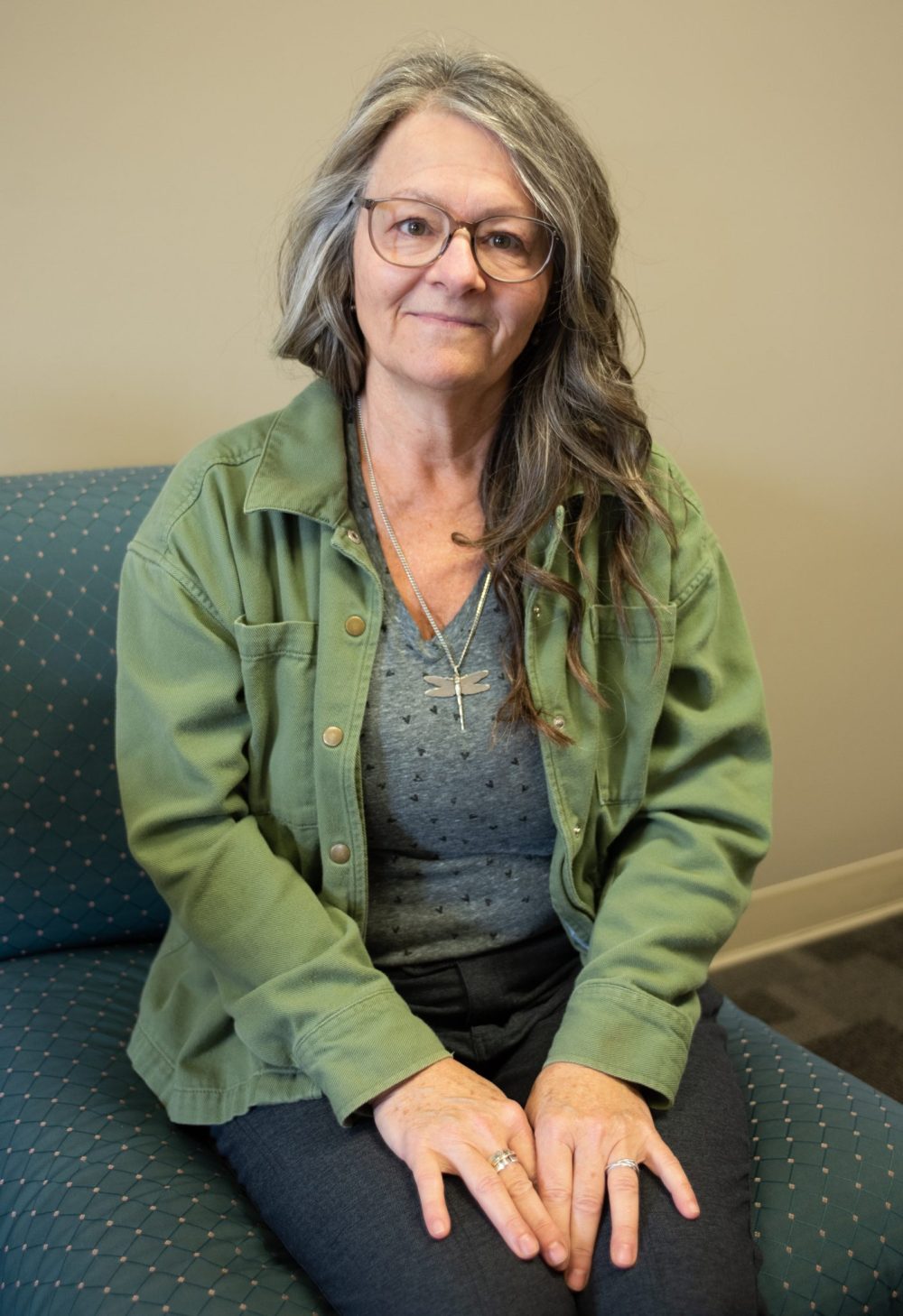The INN kicks off $1 million fundraising campaign
Advertisement
Hey there, time traveller!
This article was published 10/10/2024 (445 days ago), so information in it may no longer be current.
The INN in Steinbach has kicked off a $1 million fundraising campaign which will pay for a build that will house 30 people.
“We’re looking at two-storey facility with a basement and we’re looking at capacity rooms for 30 people and an overflow space. Each floor will be 2,600 sq.-ft. There will be a kitchen, a common area, and a dining area,” said Leona Doerksen, founder and chair of the INN (Initiative for Neighbourly Nights Inc.).
“We’re looking at $1,050,000 to build the building that’s our capital expense and we’re looking at about $55,000 a month in operational costs and that will include two staff around the clock.”

Doerksen founded The INN because she saw a need in the community. It’ll be a year since the organization was incorporated and six months since it gained charitable status. To make the shelter accessible to the people it will serve, 477 Main Street was chosen as the proposed site.
According to Steinbach Community Outreach (SCO) there are about 30 people who are homeless living in tents and about 30 who are sleeping on couches in people’s homes.
“I would say the majority are from this area that we have spoken with they have roots here – family here. Some don’t have family, some moved to the area for jobs, and other reasons. The majority are from Steinbach and area,” said Doerksen.
To date, there are no low barrier long-term shelters in Steinbach for the homeless. SCO does have a high barrier shelter – Today House – but clients need to be mentally healthy and addiction free to use the shelter. Doerksen said The INN (which is low barrier) will have a turn-around of six weeks, but she said there might be residents who require longer stays, such as 18 months. She said the shelter will be open year-round 24/7.
“Housing is really our focus. This isn’t a long-term or permanent solution, but we’re committed to working with people until they find a permanent solution for their housing and really that’s what Housing First is. It’s focusing on the basic needs of housing so they can move on to meeting other basic needs in their lives,” said Doerksen.
SCO office manager Charlene Kroeker said some of the barriers affecting the homeless in Steinbach are mental health issues, addictions, and difficulty accessing resources and programs. She said the majority are unemployed and are on employment and income assistance. She said these are the people who would most likely live in the encampments.
For those who are employed, getting affordable housing is difficult so they stay on a friend’s couch until they can find something affordable. These people are also eligible to stay at SCO’s The Bridge, which is a transitional housing solution to bridge the gap between homelessness and a permanent housing solution. The Bridge has been in operation for less than a year.
Kroeker said mental health issues and addictions sometimes go hand in hand with homelessness and when a homeless person goes to get help for an addiction they are told to deal with their mental health first and vise versa, which makes getting help difficult.
Recently, Southern Health has made it possible to deal with mental health and addictions at the same time. Kroeker also said providing these services can sometimes be difficult because the support worker doesn’t have anywhere to go to visit the homeless person. Doerksen said The INN will provide services to the homeless as well as directing them to agencies who can provide services. The INN will also give the homeless an address for their cheques and a place to meet with support workers.
Since the encampments were taken down, the homeless have just moved to other areas in the city to live. There are currently five known encampments in the city. In the winter, the homeless will build a fire near their tent to stay warm or they sleep in ATM vestibules or entrances to buildings. Some go to SCO to get warm and sleep during the day and then stay up all night moving throughout the city to stay warm.
“(The INN) will be nice for the homeless to have a place to go at night that’s definitely a need in Steinbach. That will make a difference for them. It gives them an option to have someplace to go at night which they currently don’t have,” said Kroeker.
Kroeker said the perception that there are more homeless people in town is wrong. The reason that perception is there is because the homeless have become more visible in the city. The closure of three vacant houses in the city has left them with nowhere to live.
“There have always been homeless people and camps around, but Steinbach had what we call invisible homelessness. It’s only recently that they have become visible,” she told Steinbach city council during a strategic priorities committee meeting on Tuesday.
She also told the committee that homeless people want to have a say in what decisions are being made regarding them.
In September, the federal government announced $250 million to address the issue of encampments. The government is expecting provinces to match that amount, but to date there is no news on the provinces participating.
Doerksen hopes to put a shovel in the ground next spring for The INN if all the funding comes through. She estimates it will take general contractor Hillside Construction about six months to build the two-storey structure.
